Introduction:
Germany, renowned for its high-quality healthcare system, offers excellent career opportunities for nurses. If you’re a nurse looking to work in Germany, this comprehensive guide will walk you through the steps to find nursing jobs in the country.
Understand the Requirements:
Before embarking on your job search, it’s crucial to familiarize yourself with the requirements for working as a nurse in Germany. The main prerequisites include a recognized nursing degree, fluency in German (B2 level or higher), and registration with the German nursing regulatory body.
Language Proficiency:
Since German is the primary language used in healthcare settings, fluency is essential. Improve your German language skills by enrolling in language courses or participating in language exchange programs. Attaining a high level of proficiency will enhance your communication abilities and increase your chances of securing a job.
Validate Your Qualifications:
Ensure that your nursing qualifications are recognized in Germany. The German authorities may require you to undergo an equivalency assessment of your education and credentials. Contact the competent authorities, such as the Federal Ministry of Health or the respective State Health Department, to understand the specific process and documentation needed.
Networking:
Networking plays a crucial role in the job search process. Join professional nursing associations and attend healthcare conferences and events. Engage with fellow nurses, employers, and recruiters to expand your professional network. Online platforms, such as LinkedIn and nursing-specific forums, can also be valuable for connecting with professionals in the German healthcare industry.
Job Portals and Websites:
Utilize specialized job portals and websites that cater to healthcare professionals in Germany. Some popular platforms include Krankenpflegejobs.de, Jobmedic.de, and Indeed.de. These websites feature a wide range of nursing positions across various healthcare settings, allowing you to explore multiple opportunities.
Recruitment Agencies:
Consider partnering with recruitment agencies that specialize in healthcare placements. These agencies have established relationships with hospitals, clinics, and other healthcare institutions, making them valuable resources for finding nursing jobs in Germany. They can guide you through the application process, provide career advice, and match you with suitable positions.
Localize Your Resume:
When applying for nursing jobs in Germany, adapt your resume to meet local standards. Include relevant details such as your nursing qualifications, certifications, work experience, and language proficiency. Highlight any specialized skills or areas of expertise that may set you apart from other applicants. Tailoring your resume to the German healthcare system will increase your chances of catching the attention of potential employers.
Interviews and Documentation:
If your application is successful, you may be invited for an interview. Prepare for the interview by researching the healthcare institution, familiarizing yourself with German healthcare practices, and anticipating common interview questions. Additionally, ensure that you have all the necessary documentation, including identification, work permits, and proof of registration with the nursing regulatory body.
Conclusion:
Securing a nursing job in Germany requires careful preparation and dedication. By understanding the requirements, improving your language skills, networking, utilizing job portals and recruitment agencies, and adapting your resume, you can enhance your chances of finding a fulfilling nursing position in Germany. Stay persistent, remain proactive, and leverage the resources available to you to embark on a successful nursing career in one of Europe’s leading healthcare destinations.


